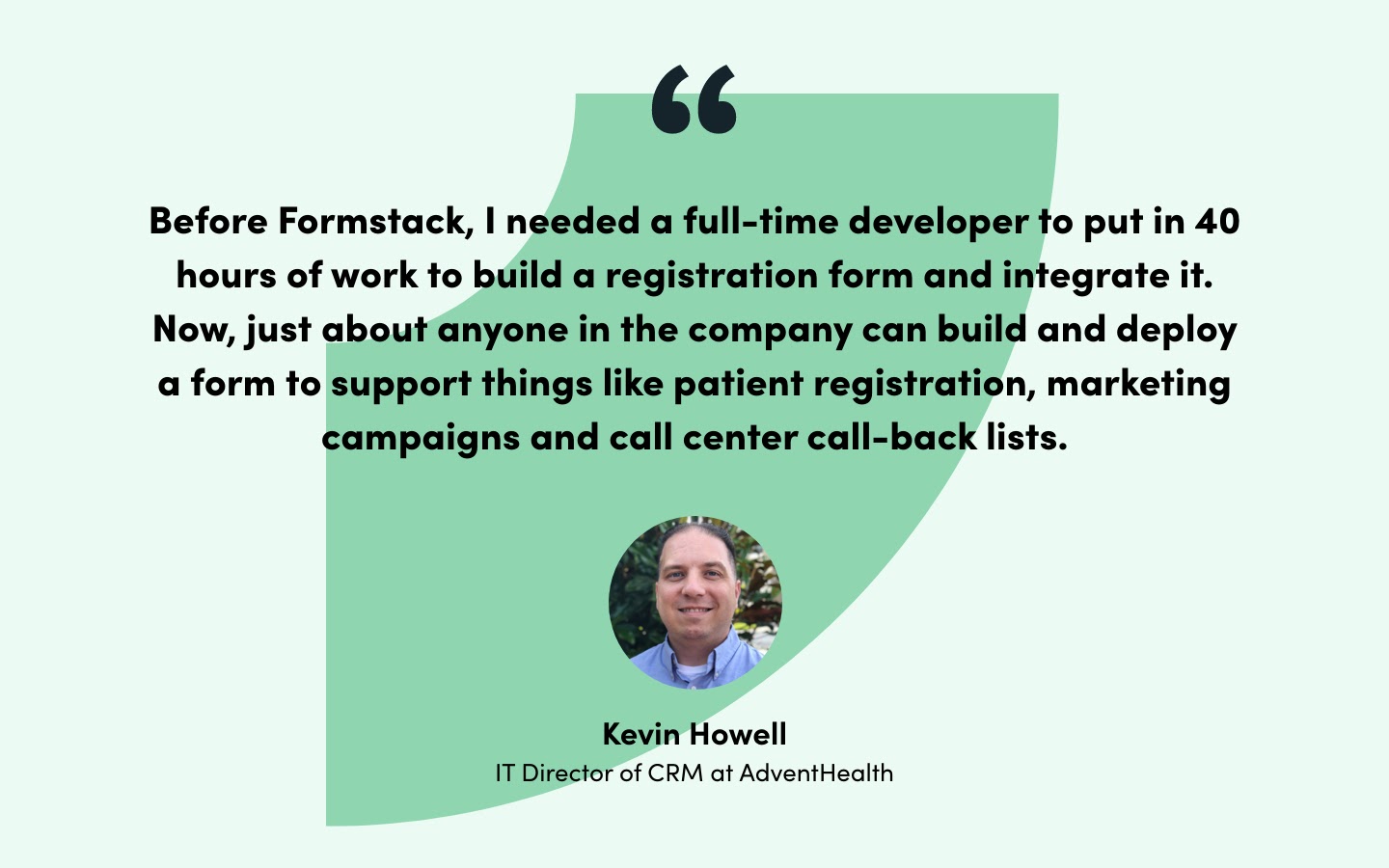Have you ever been frustrated by complex tools that make your job harder to do?
Have you found yourself annoyed by complicated processes that eat up your time and sanity?
How often do you have to wait on others to get things done?
These types of roadblocks can make anyone feel helpless and unproductive. We’ve all faced similar challenges, regardless of role or industry. Whether it’s software that takes ages to learn, a process that seems impossible to speed up, or working with an antiquated and inefficient system, we’ve all had to struggle with some type of workplace woe.
But what if it didn’t have to be this way?
On a recent episode of our Ripple Effect podcast, Nile Frater explained how no-code tools can help minimize, and sometimes even eliminate, these common workplace issues. If you’re looking for a better way to work, you’ve found it.
The no-code tech revolution is helping organizations around the world streamline processes, speed up systems, and digitize what matters. It’s becoming a key solution to many organizations’ biggest workplace challenges and productivity barriers. Here’s what you need to know about this agile technology.
What Are No-Code Tools?
No-code tools are any type of software, system, or product that allows the user to build a solution without needing to know any code. From building websites and apps to creating digital workflows and paperless processes, no-code tools make it extremely quick and easy to develop your own solutions.
What You Need to Know About No-Code Tools
If you haven’t heard much about these types of tools, you’re not alone. The term no-code is fairly new, but it’s beginning to get a lot of mainstream attention.
Whether you work in healthcare or education, are a marketer or human resources professional, these tools can transform the way you work. Here are four things you may not know about this new type of tech.
1. You really don’t need to know code.
The point of no-code tools is to give all employees the power to turn their ideas into real solutions. A decade ago, you may have needed to know HTML, javascript, or some other coding language to build out websites, workflows, and apps. But not anymore.

These tools empower non-technical workers with the ability to build on their ideas, in real time, without needing to know a single line of code. Most of these tools have a simplified, drag-and-drop interface that makes it easy to build whatever you need.

Did you know? Formstack is a no-code tool! You can quickly and easily design intelligent, no-code workflows with our powerful platform.
2. They can save you money.
No-code tools can save you money for three reasons. First, their base cost is generally low. As you can see in this tech forum, many of these tools are very inexpensive. The cost for these tools often fluctuates with the amount of users and features, but at the basic level, they are generally very cost-effective.
Second, they save you a hefty amount of money in regards to your IT, engineering, and development costs. When teams across your organization are able to build their own solutions, it minimizes the need to hire more employees. When you compare the average salary of a devops or software engineer to the cost of no-code tech, it’s easy to see the savings.
Third, this type of technology can free up your existing engineering team, allowing them to focus on larger, more complicated issues. Imagine what your organization could achieve if the IT team could get back five, 10, or more hours each week. With no-code tools, you don’t have to imagine, because that time savings becomes a reality, unlocking greater ROI.

3. There are hundreds of options.
Although an emerging trend in technology, there are already hundreds of no-code tools to choose from. Whether you’re building a website or workflow, there’s probably a tool out there that can help you build whatever solution you need.
Instead of falling through Google for hours, check out these curated lists for some of the best no-code tools out there:
- Makerpad’s Tool Marketplace
- 21 Best No-Code Tools You Need to Try
- NoCode’s No-Code Tool Tutorials
- 100 No-Code Resources
- Capterra’s No-Code Platform List
4. They empower employees to be self-sufficient.
Imagine a world where you didn’t have to rely on IT for assistance. A world where employees could take their ideas and easily turn them into solutions. And when something went wrong, or needed to be changed, that work could be done in minutes instead of days.
That’s the power of no-code tools. They provide employees with a high level of digital agility, ensuring processes can be created, tested, edited, and optimized quickly and easily. Plus, one tool can be utilized across the organization, which provides better access to data and reporting. It’s a win-win!
Read Next: How Digital Agility Empowers Employees and Boosts Productivity
Reimagining Work with No-Code Tools
If you’re ready to take work into your own hands, you’ve found an excellent solution. No-code tools allow you to build solutions to your biggest workplace problems, without needing to know a single line of code or rely on IT for help.
Take some time now to audit your processes and see where these tools could fit into your tech stack. You might be surprised by how much time, money, and effort it saves you!
Want to learn how no-code tools can help you reimagine your world of work? Listen to the Ripple Effect episode Reimagining Work with No-Code Tools now! Tech expert Nile Frater explains how no-code and low-code software empowers anyone to rethink processes, launch ideas, and solve problems.











